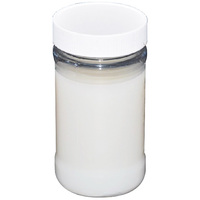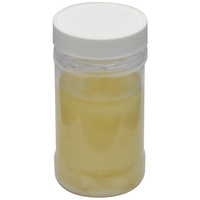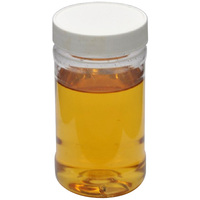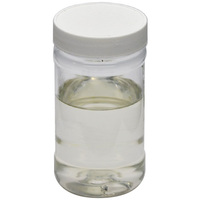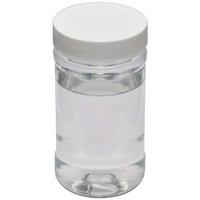Silicone Softeners
Product Quick Detail
- Minimum Order
- 1
- Place Of Origin
- China
- Packaging
- 50 kilo/barrel; 125 kilo/barrel;200 kilo/barrel
- Delivery
- 5 Days
Specifications
Definition of Silicone Softeners for Textiles
Softener is a compound of organic polysiloxane and polymer, which is suitable for soft finishing of natural fibers such as cotton, wool, silk, hemp and human hair.
Silicone textile finishing auxiliaries have a wide application in textile finishing. The auxiliary can not only deal with natural fabrics, but also deal with polyester, nylon and other synthetic
fibers. After treatment, fabric is anti-wrinkle, anti-fouling, anti-static, anti-pilling and plump, soft, elastic and glossy, with a smooth, cool and strong style. Silicone softening agent,
silicone finishing agent can also improve the strength of fiber and reduce abrasion. Silicone softener chemistry is a promising fabric softener, which is also an important additives to improve
product quality and add value in textile dyeing and finishing processing.
Silicone Softeners Features
Soluble in water, aqueous solution is very stable and in good compatibility;
The fabric feels soft, smooth and full, and has good drape and puffiness;
Excellent hygroscopicity and good permeability
Moisture absorption and antistatic property;
It has good resilience and wrinkle resistance
Stable working fluid, no demulsification, no floating oil;
Not easy to get yellowing in high temperature.
Silicone Softeners Classification
① Hydroxy silicone oil
② Amino Silicone oil
③ Epoxy silicone softener
④ Hydrophilic silicone softeners
Among the various kinds of silicone fabric softener, silicone auxiliaries are becoming more and more important due to their unique surface properties and excellent softening properties.
Current Situation of Silicone Softener Used in Textile
Most of the domestic fabrics use silicone auxiliaries which is hydrophobic, which makes the wearer stuffy and it is difficult to wash. Many fabric products often appear the phenomenon of bleaching
oil.
The traditional hydrophilic polyether silicone oil has better hydrophilic and water-solubility, but with poor softness and durability.
Therefore, it is of great practical significance to develop new hydrophilic silicone softeners with fine softness and durability.
Silicone Softeners Classification - Fabric Softeners - finishing chemicals in textiles
Hydrophilicity Silicone Softener for Textiles A220
[Brief information]-- A quaternary modified softening agent with terpolymer structure and excellent hydrophilicity.-- Hydrophilicity silicone is very stable in acid and weak alkali condition at
normal...view
Silicone Softeners
Softening paste is a substance that can increase the softness of fiber.Softening paste with excellent properties can also make fibers feel special, give different finishing styles, improve the
quality...view
Application and Performance Comparison of Various Silicone Softeners
1. Dimethyl silicone emulsionThis is the first product of silicone softeners. The relative molecular mass of silicone oil used as softener is generally 60,000-70,000. After finishing, it can give
the ...view
Types of Silicone Softeners
Silicone softeners are the emulsion or micro-emulsion of polysiloxane and its derivates, which allows fabric to have a good sense of softness and smoothness. The products include some manufacturing
te...
As one of textile chemicals manufacturers, we will do our best to meet all the needs of customers.
- Country: China (Mainland)
- Founded Year: 2005
- Address: Bailian Tree Park, Taihe, Qingxin, Qingyuan, Guangdong, China
- Contact: htfine-chem
